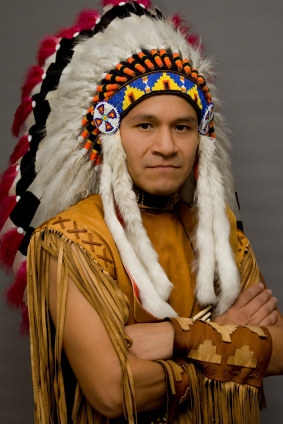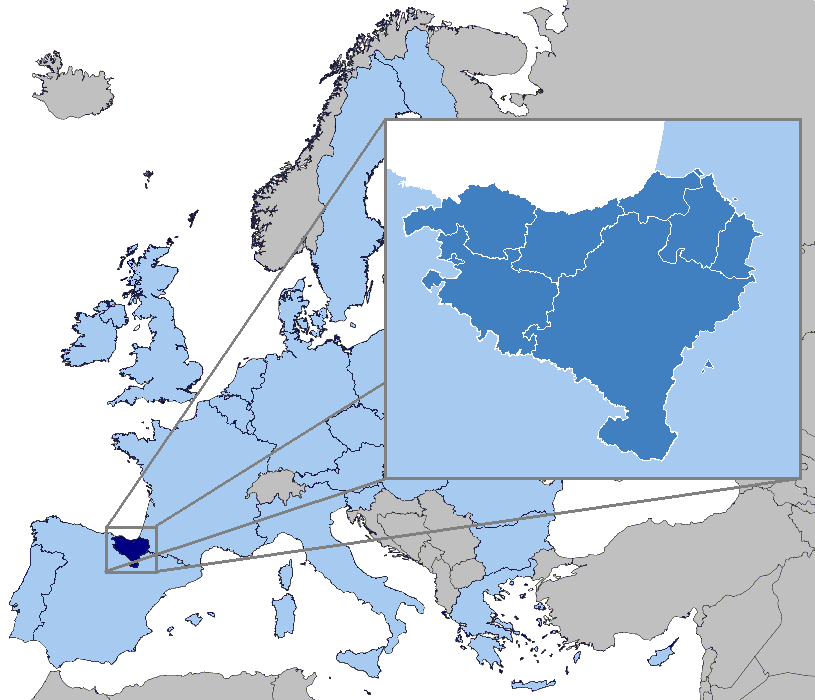Ethnic Research
Ethnic Research is research that covers a group of people by language, religion, or certain culture or heritage. Some examples are Native American (Indian) , Jewish, and Basque cultures.
A. Native American (Indian)
 Native American research usually is classified by various tribes. It involves use of traditional Civil records that were government mandated, sometimes church records but also tribal records. The civil records could be regular vital records but can also include Bureau of Land Management records. Indian Surveys or Rolls. Indian Schedules.
Native American research usually is classified by various tribes. It involves use of traditional Civil records that were government mandated, sometimes church records but also tribal records. The civil records could be regular vital records but can also include Bureau of Land Management records. Indian Surveys or Rolls. Indian Schedules.
Native American research can vary by tribe affiliation as well as location. U.S. laws and regulations on Indian classifications and record keeping varied by state and even town or county in some instances. Also who was classified as a native american varied by regulations. Ex. in some areas if you had 1/6 african american/black/negro blood you were classified as such even if you were 5/6 Indian or Caucasian. This was done to defraud land claims or civil rights. Also blood quantum or percentages of Native American ancestry are determined by the percentage of Indian blood in each parent.
Ex. Mother full blooded father white, children 1/2 Indian. Most tribes require 1/16 or 1/21 for tribal benefits.
Records often did not correctly identify race, ex. Mulatto, Colored, Mixed, Negro and Black all are sterotyped as referring to African American/Negro/Black but were not. They are and were used frequently for Indians who intermarried with African Americans/Negro/Blacks.
Indian familes were led by a maternal order and surnames were generally not used. Surnames were a much later addition. Alias names were common and sometimes used due to suspicions of government officials.
Incorrect racial types were given or chosen by Indians at times to protect them from being sent to a reservation or being treated unfairly. Many were shipped to the West to provide white settlers with choice Indian Lands.
Tribal acceptance generally requires documentation of ancestry. Some even try to restrict access to tribal benefits by denying applications if their ancestors were not listed on Indian Rolls before or around 1900.
Indian tribes exist in other location throughout the world. In Canada and British Columbia the First Nation exists which includes 47 tribes.
In Mexico and Central American (Yucatan, Guatemala) Mayan Indian culture exists. Catholic Church records or government records sometimes exist.
Other tribes exist in the Pacific and Caribbean.
B. Jewish.
Referring to the term Jewish can refer to religion, a group, or blood line.

Someone can belong to the Jewish faith but not have Jewish blood. Someone can claim to be Jewish if they have blood line descending from the group or tribe of Judah or “Jews”. A larger group is also referred to as Jewish which are descendants from the twelve tribes of Israel which includes Judah. So you may be referring to yourself as Jewish because you descend from ancestors of the tribe of Judah or from another tribe of Israel or no blood line but belief.
Since the tribes of Israel were scattered into the north countries of Babylon “present day Iraq” and further north into other European countries, pockets of Jewish people or culture exist Worldwide.
Tracing Jewish ancestry adds another layer to whatever country, and the languages of that area you may have ancestors living in. Ex. German Jews fled for religous freedom into Poland, Russia and Scandanavia to flee German persecutions or death. Ancestors are known to have later come to America. Research must begin from the known in America to the unknown in Canada or Russia or other countries and work back.
Research of this time can involve multiple researchers with different geographic and language skills broken into various sessions for each area, language and time period.
C. Basque –
 Basque refers to an ethnic group primarily found originally in Spain, and France. Descendants have migrated to many other countries including America.
Basque refers to an ethnic group primarily found originally in Spain, and France. Descendants have migrated to many other countries including America.
While the customs and culture may exist in various countries, languages may be added for Spanish, or French, depending on the region where they lived.
Summary
As with any ethnic culture, several layers of research may exist for the country, language, and culture or customs of the people for that area requiring specialization of researchers that changes by geographic location. Forgenerations has experience dealing with these ethnic groups.






